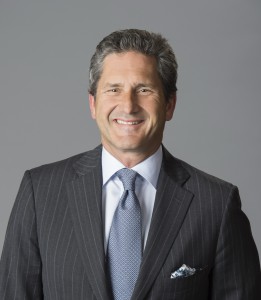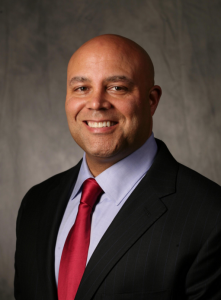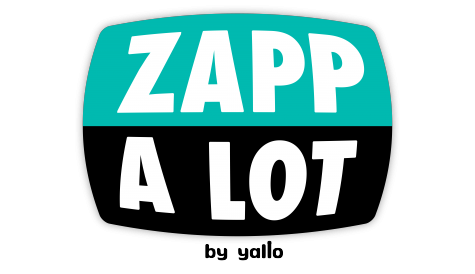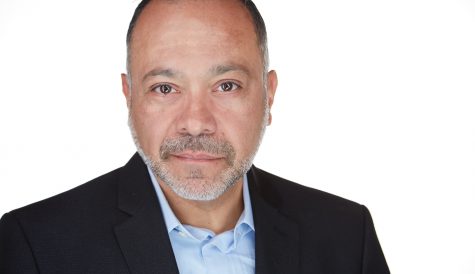
After more than 40 years of operation, DTVE is closing its doors and our website will no longer be updated daily. Thank you for all of your support.
Big telecoms and bigger tech: the shape of battles to come
Stuart Thomson looks at the current and future shape of the competitive landscape facing cable and telecom operators in Europe.
European cable’s need for scale was once again high on the news agenda this week, which saw executives gather in Dublin for their annual Cable Congress get-together.

Liberty Global CEO, Mike Fries
Liberty Global chief Mike Fries – not in Dublin but speaking on the topic at a Deutsche Bank event – identified a trend towards the creation of ‘national champions’ with two or three multi-play service providers emerging in each national market.
Fries said that Liberty would either be one of these national champions or enable their creation by selling assets in markets in which it did not have scale.
He cited Liberty’s exit from Austria as an example, but the company’s on-off dancing partner Vodafone clearly occupies a more significant space in the minds of observers.
Vodafone chief executive Vittorio Colao, speaking at Mobile World Congress last week, publicly raised the prospect that the pair could extend their talks from Germany, where Vodafone is the larger player, and central and eastern Europe, to the UK at some point in the future.
Fries meanwhile said that Liberty’s priority was “creating value” for shareholders rather than “building empires”.
Cable operators need scale to take on incumbents. At Cable Congress, executives repeatedly made the point that consolidation of the industry was a priority, followed by fixed-mobile convergence. Scale on the ground – with a national presence in fixed – is seen as a precondition for expanding into mobile to take on national telcos across all fronts of the multi-play competitive battlefield.
Manuel Cubero, who heads up Vodafone’s fixed cable business in Germany, said that consolidation “makes a lot of sense” and that offering a fixed-mobile bundle was key to the company’s growth strategy.
Getting that scale on the ground is less straightforward in markets where there is no obvious big merger available, as there is in Germany. Speaking on the same panel as Cubero, Liberty Global’s Robert Redeleanu, currently CEO of the company’s Romanian and Hungarian operation and soon to take over as UPC Poland chief, said that the absence of obvious merger opportunities in some markets means that building out the network – or “taking things into our own hands” is the only way forwards.
Consolidation is becoming more urgent for a number of reasons beyond the obvious cost savings that come with greater size.
Operators increasingly see the fixed-mobile bundle as their key engine of growth in the residential segment. Competing in mobile requires national scale by its nature, so bundling fixed and mobile services together only really makes sense if you have national scale in the fixed market too.
The other factor at play is that telecom and media companies see a longer-term competitive threat from big tech companies. The mock-scary acronym FAANG – for Facebook, Amazon, Apple, Netflix and Google – is common currency at industry gatherings.
At Cable Congress, this was brought home by the rapturous applause granted to NCTA chief and keynote speaker Michael Powell, who slammed regulators’ obsession with net neutrality and called for regulation of “too influential” big tech companies.
Powell said that the tech giants had to be held responsible for the content that appears on their platforms, for the threat they pose to privacy and for squashing competition with little oversight – examples of the latter being Facebook’s acquisition of Instagram and WhatsApp.
The quad-play fight that currently exercises cable and telecom players alike offers an opportunity to create value by generating cashflow, but the future of the digital economy will ultimately be defined by the collection and control of data. The real battle – regulatory and commercial – will be over big tech’s untrammelled collection of consumer data and the application of artificial intelligence to make sense of it.



